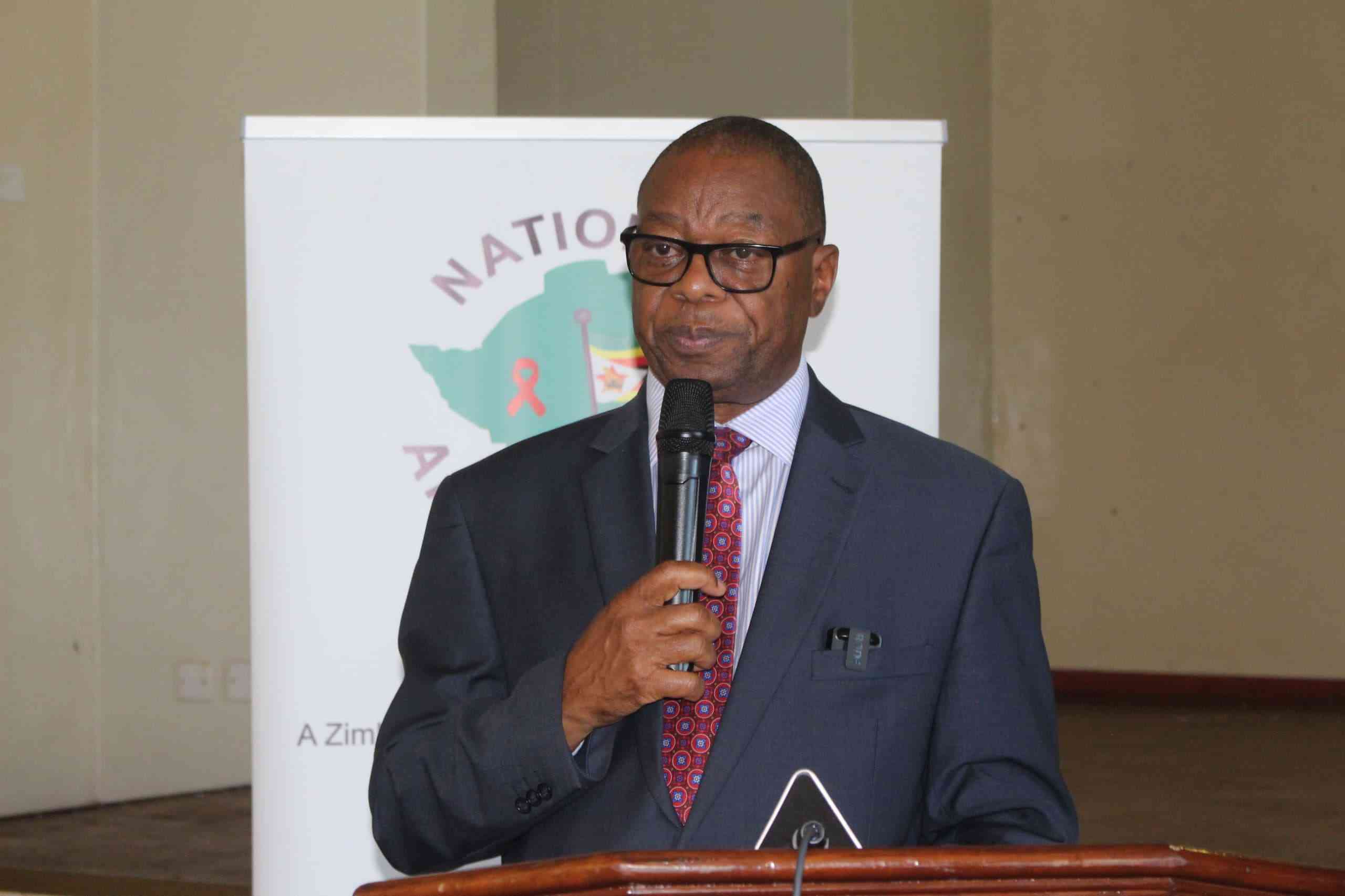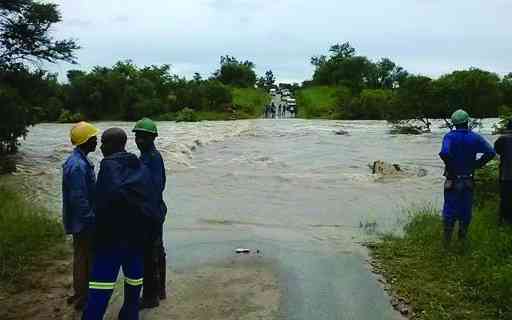
GOVERNMENT has allayed public anxiety over dwindling foreign funding amid revelations that robust local financing mechanisms have been in put place.
Health and Child Care minister Douglas Mombeshora told journalists attending a National Aids Council (NAC) convened workshop in Chinhoyi yesterday.
Mombeshora urged people living with HIV not to panic as the country has enough HIV medicine.
“You are probably all now familiar with the recent abrupt cut in funding by the government of the United States of America and its potential implications for the response to HIV and related diseases in our country,” he said.
“As government we have already begun to put strategies in place to ensure that our people are not vulnerable.
“The wisdom of government in establishing the National Aids Trust Fund (commonly known as the Aids levy) has now been amply demonstrated by the need to have sustainable domestic funding mechanisms in cases of donor withdrawal.
“In addition to the levy, government is working on various long-term initiatives, which include the National Health Insurance and others.
“We have put in place US$12 million to acquire new stock of antiretroviral drugs and in June we are getting a new stock that will take us to the end of the year.
- LSU students win innovation prize
- Chevrons confident of a good finish
- LSU students win innovation prize
- Sunday word: God’s luni-solar calendar
Keep Reading
“There is no need to panic, we have prioritised the provision of HIV medicine because we want to maintain the treatment of people living with HIV. We don’t want them to default because we fear the consequences.”
Mombeshora said government was now planning without donors in mind.
“This is not about the health sector, but it cuts across all sectors,” he said.
The Health minister said at this stage where Zimbabwe has made significant strides in the fight against HIV and Aids, the nation cannot afford to be complacent.
“HIV and Aids remain significant public health challenges, and the landscape of the epidemic is constantly evolving,” he said.
“New HIV cases continue to be high among specific vulnerable populations such as adolescent girls and young women and sex workers, while treatment coverage remains lower among children.
“In addition to this, emerging challenges, such as the need to reach key populations and ensure sustained adherence to treatment, require innovative approaches and a collective effort.”
Mombeshora said the strong association between HIV and TB as well as some non-communicable diseases requires that government integrate the response and deploy multi-pronged efforts to jointly tackle the diseases.
NAC chief executive officer Bernard Madzima, in a speech read on his behalf by the organisation’s operations director Raymond Yekeye, said even though the HIV response has recorded significant progress over the years, NAC has continued to prioritise the media as a key partner in the response, highlighting the magnitude of the work that still lies ahead.
“Your role as journalists is indispensable in our national response to HIV and Aids. You are the vital bridge connecting scientific advancements, policy changes and the lived experiences of individuals and communities affected by this epidemic to the wider public,” he said.
“Your ability to inform, educate and shape public discourse is paramount in achieving our goals of prevention, treatment, care and support.”
“Over 15 000 new HIV infections and over 17 000 Aids deaths were recently recorded. The rise in HIV-related non-communicable diseases is also a major need for the continued media partnership that we are cultivating.
“At the same time, the response has entered the sustainability phase, whose main stark reminder has been the recent action by the United States Government to cut their donor support to several key areas of the response.”
Added Madzimba: “Even though we have the resilient Aids levy to address some of the gaps created by the funding cuts, the levy falls short of the magnitude of the gap.
“We, therefore, look up to the media to help bring this reality to the fore of both policy and programme development.”






